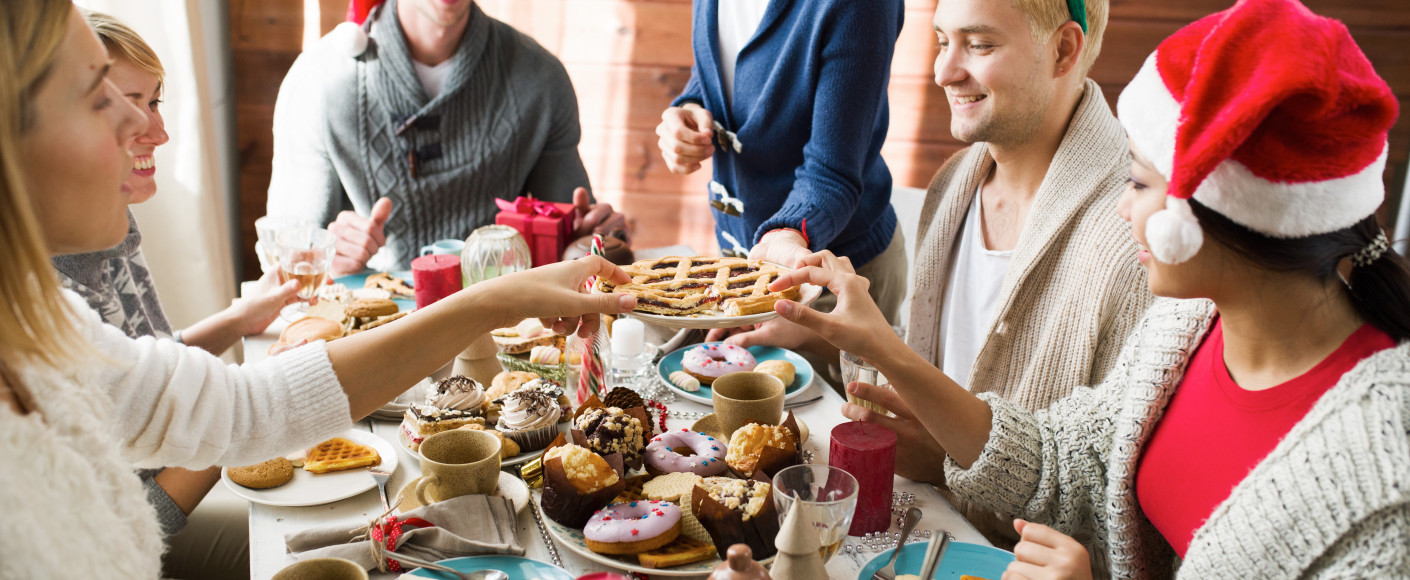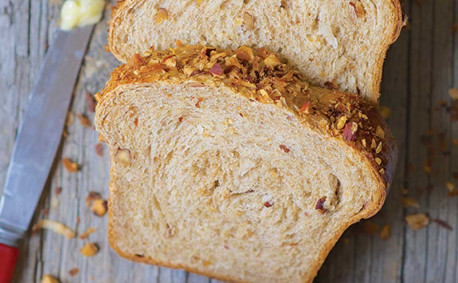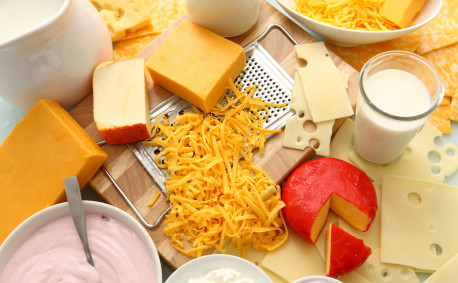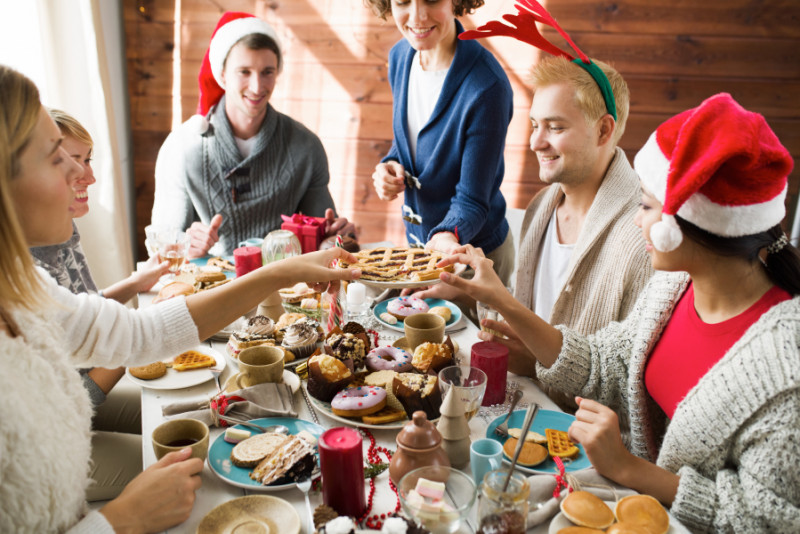Tips to Navigate Holiday Eating
Along with twinkling lights and visions of sugarplums, the holiday season can bring unwanted anxiety. Trying to stick to a diet, follow a healthy routine, not overeat and keep spirits bright is a tall order.
To help us navigate the stress of holiday feasting and encourage healthy choices, we caught up with registered dietitian Sarah Hoing.
A graduate of Kansas State University, Sarah is a registered dietitian at The Special Supplemental Nutrition Program for Women, Infants, and Children (WIC) in Topeka, and has experience advising clients of all ages.
Before dishing out any tips, Sarah defined what “healthy eating” means to her.
“Sometimes we’re led to believe ‘healthy’ equals ‘restrictive’ and that’s just not the case,” she said. “No food should be labeled ‘good’ or ‘bad.’ Instead, we need to focus on being balanced.”
According to Sarah, this balance is achieved by eating foods from each group, drinking plenty of water, ensuring we get enough vegetables and living an active lifestyle. With this mindset, we shouldn’t deprive ourselves completely of sugar or desserts, but rather enjoy them in small portions without guilt.
With the basics covered, she dug into holiday-specific advice.
“Setting yourself up for success starts at the beginning of the day,” Sarah said. “Many people graze throughout the day before the big meal, so choose what you put out for yourself and your guests wisely. Don’t have super-sugary or heavy snacks close at hand. Opt for something like a meat and cheese board with plenty of veggies to keep it lighter.”
When planning celebratory meals, we often think how great it will be to have leftovers and relish the prospect of several already-prepared meals. However, those well-laid plans can backfire.
“Doubling a recipe to make sure we have leftovers sounds great, but in practice it can lead to overeating. Instead of leaving more for later, we end up eating all of the dish just because it’s there,” Sarah said. “If you’re concerned about eating too much, only make enough for the number of people who will be attending the main meal.”
Another trick to stop ourselves from overindulging requires no change at all.
“It’s tempting to break out larger plates for holiday meals, but try to resist. Using a normal-sized plate will put the amount of food in perspective,” Sarah said. “You’re less likely to get stuffed silly if your brain recognizes how much you usually serve yourself. And don’t worry, you can always go back for seconds if you need to!”
What we fill our plate with is even more important than its size.
“Choose at least one thing from each food group,” Sarah said. “We all love beige carbs, but diversify with veggies, fruits and dairy, too. The more colorful your plate, the more likely you are to have a balanced meal.”
For those worried about kids’ eating habits, Sarah suggested playing to their independence.
“Children want to have a say about everything and feel like they’ve made a decision themselves. Let kids choose one dish from each food group to put on their plate so they don’t feel like you’re forcing them to eat anything specific,” she said.
If you have a particularly picky eater or a little one who squeals when their potatoes touch their green beans, consider plates with sections. Not only do they keep food separated, but they make it easy for your child to see how much of each selection they’ll be getting.
When asked for any final advice she’d give to someone worried about holiday eating, Sarah didn’t break out the recipe book, harp on the importance of certain foods or pre-scold anyone for making bad choices.
“Take a deep breath and give yourself grace,” she said. “This is supposed to be a happy time filled with love and gratitude, so don’t waste energy thinking about what you should or shouldn’t have eaten. One day won’t ruin your progress, so focus on the joy of the holidays.”
We couldn’t agree more. Good luck out there and Happy Holidays!





